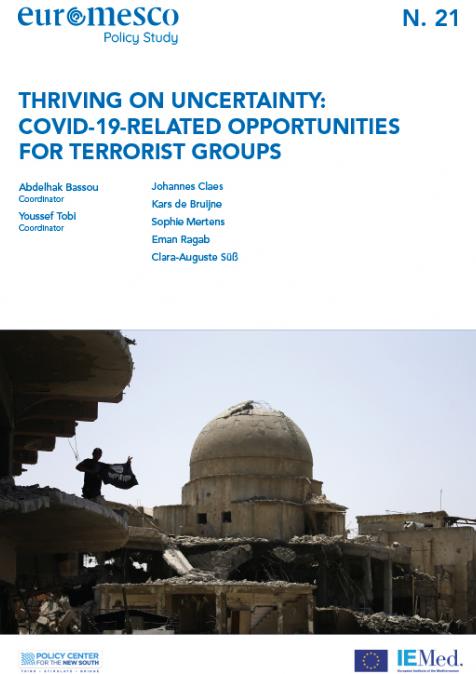Podcasts
Private Military and Security Companies
25
March
2022
Related topics:
The debate around the use of private military and security companies is deeply polarized, with some authors portraying such military contractors as ‘messiahs’, praising their efficiency in modern conflicts and their expertise, while others perceive them as simple ‘hired guns’. However, the debate about legitimacy and legality aside, the privatization of security and of military forces is perhaps one of the most important changes in the security field in recent years. In this episode, Nihal El Mquirmi enlightens us about this this new form of mercenarism.









